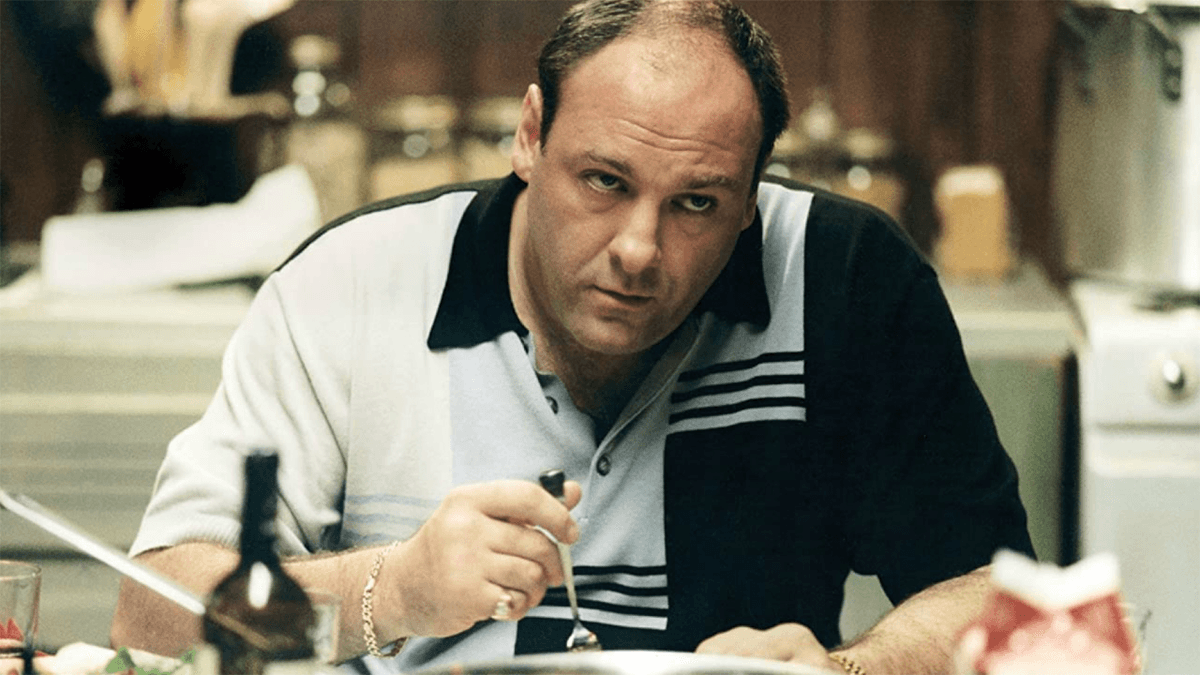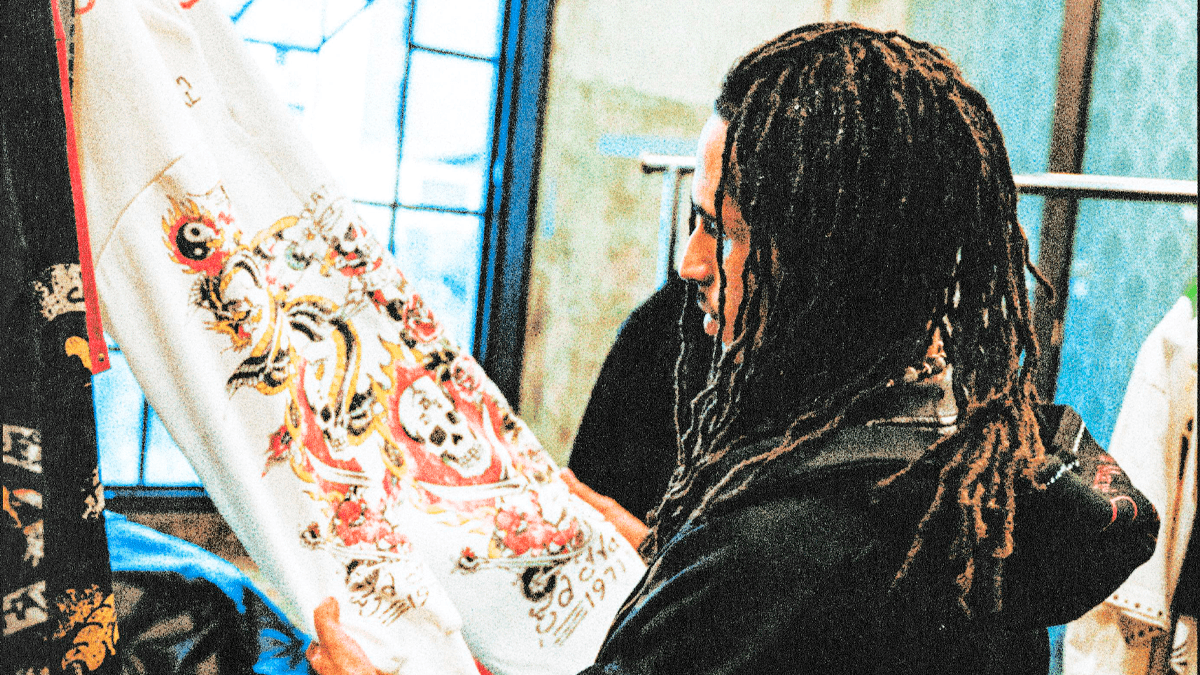The journey and legacy of authenticity of Erykah Badu
As one of the most captivating figures in the universe of music and fashion, Erykah Badu is a creative artist established by her unique vision and activism. Rising to fame in the 90s, the singer quickly stood out for the depth of her lyrics and her style that blends references from Hip-Hop and R&B culture.

Born in the city of Dallas as the eldest sister of her siblings, the singer began her career at the age of 4 when she made her first appearance on screen alongside her mother, Kollen Wright. After 22 years since her first appearance, she debuted her album “Baduizm,” marking the beginning of the neo-soul movement, which fuses the spiritual with elements of jazz, R&B, and hip-hop.
This album gave Badu the status of “queen of neo-soul,” influencing various artists who emerged through the path that the singer charted. Inspired by great music legends such as Billie Holiday, Chaka Khan, and Marvin Gaye, the singer defined a unique aesthetic within the neo style, exploring themes that delved into her vulnerability, such as melancholic melodies through more Afrocentric lyrics - speaking of the Black and female experience.
BADUIZM
After releasing her first album "Baduizm", the singer gained prominence in 97, marking the start of her musical journey and defining what would come to be the neosoul style. Alongside influential voices like D’Angelo and Jill Scott, the artist explored the genres of soul and funk from the 70s, which, along with a refined musical approach, she combined with her own influences - establishing herself as one of the musical promises of her time.
Under the influence of Baduizm, Erykah was everywhere - from car radios to gracing magazine covers - standing out as one of the biggest successes of that time. As a pioneer of the neo-soul movement, her work “Baduizm” was one of the pillars of this genre, featuring the contribution of Bob Power in the production of the album. The release became a reference for many albums and artists who drew from the same source after Badu's arrival.
The singer found a passion in the simplicity of distinct sounds - the "rim shot", a fundamental drum technique, which works by hitting the metal edge and the head of the snare simultaneously to produce a full and explosive sound. For her, this was a creative awakening. Badu called producer and songwriter Madukwu Chinwah, asked what that "tick-tock sound" was, and requested him to compose an entire rhythmic base with rim shot. And through this, a song was born.
According to the album's message, our world should function as an infinite exchange of ideas in our journeys, in processes of self-discovery that do not end but live in a constant state of learning. Life is a circle, and appropriately, the final point of Baduizm is its beginning: “Rim Shot.” By this time, Badu had already taken it on an odyssey. The album positioned her as an artist in transformation, immune to categories, whose career is proof of the ability of Black music to transform too quickly to be contained.

Baduizm became an instant classic, selling over 3 million copies and winning two Grammy awards. The album blended influences from jazz, funk, and R&B from the 70s with an aesthetic that referenced everything from The Color Purple to the teachings of the Five Percent Nation. Badu became a symbol of what Kelefa Sanneh, in the New Yorker, called “Black bohemian culture: politically aware, spiritually oriented, middle-class.” She and her neo-soul crew were the embodiment of "awareness" even before there was a word to describe it. (Badu is credited by many as the inspiration for the term, using the lyric “I stay woke” in Master Teacher, from 2008.)
FASHION
“I choose my things myself. I make my pieces or someone makes them for me. I choose at the last minute. It's also part of the ritual of dressing for the occasion. I always wear my talismans, my charms, things that make me feel comfortable and empowered. That's why I dress, to feel confident.”
Erykah Badu in an interview for ELLE Magazine.
Badu, with a striking and unique look, highlights her style in fashion through her turbans, African fabrics, and maximalist jewelry; defining her own style as well as the visual identity among her albums, showing that there is a versatility to navigate through various styles and express oneself in a creative and sincere manner.
Still related to her style, the artist reveals that she incorporates her knowledge of African culture without losing the depth of its meanings. She also mentions that there was a purpose in elements like the turban, numerology, incense, and candles on stage, many influenced by the philosophy of the Five Percent Nation. This philosophy, rooted in the Nation of Islam, believes that only 5% of the population has a true spiritual and social awareness. Turbans, incense, and practices like numerology reflect her spiritual quest and commitment to self-knowledge, echoing a philosophy that sees the human being as an agent of transformation and spiritual elevation.

Badu's style becomes an authentic reflection of her essence. Each piece and accessory carries a meaning, connecting her with her roots and her spirituality. For her, dressing is a ritual of self-confidence and expression, revealing who she truly is: an artist who finds strength and truth in her own image, always true to her beliefs and to what makes her feel whole and connected.
ERYKAH BADOULA AND REIKI
The artist is in constant contact with spiritual methods, dedicating herself to the pursuit of wisdom and healing. With all her knowledge in this area, Erykah truly practiced what she preached and took her studies on the road, exposing listeners to deeper and more unusual ways of thinking.

Always connected with the spiritual universe, as a spiritual leader, midwife, third-degree Reiki master, and certified doula, Badu leads and works with women, friends, and even strangers; contributing to pregnant women from the beginning until long after childbirth, providing nutritional counseling, massage therapy, counseling, and energy healing. Moreover, as a doula or “Badoula,” as she declares, Badu is present at the birth of every child of her clients, whether in a distant city or at home, in the hospital, or in the woods.
Also focused on the study of crystals, she says that each color, each frequency of the crystals is connected to the chakras, which connect through small doses of minerals - with our energy. “We are all connected, not only to each other but to the matter around us,” says Erykah, explaining that her fascination led her to create songs in specific tones that resonate with certain frequencies, such as the root chakra, linked to the note C and the color red, symbolizing community and foundation.
MUSIC
Although she is an artist who works a lot with spontaneity, the singer also has her processes. Her creative process is profound, as she composes and records fluidly, often leading to creation during recordings. One of Badu's skills is using her “feeling” as a tool to create something new, like when she altered the sequence of tracks on “Mama's Gun” at the last minute; which exemplifies her artistic capacity and willingness to carve her own path - regardless of external expectations.

Moreover, the singer has always sought to create an approach that goes far beyond music, using her platform to promote meaningful dialogues and spaces for reflection on political and social issues. Erykah Badu raises topics critically, addressing issues such as racial injustice, empowerment of the Black community, identity awareness, and cultural resistance. In her interviews, presentations, and lyrics, she explores complex aspects of the struggles and experiences of vulnerable communities, encouraging her audience to reflect on issues of oppression, spirituality, and personal freedom.
Throughout her journey, the artist's impact in the medium has inspired and continues to inspire generations with different artists - contributing to new visions and aesthetics for neo-soul. Her work has influenced names like Jill Scott, Lauryn Hill, and even contemporary artists like SZA. As a multifaceted artist, Badu has not only ventured into the world of arts related to music but has also immersed herself in acting in films like “What Men Want” and “The Piano Lesson” and directing music videos like "Window Seat" and "Phone Down" - proving to be an artist who explores her creativity beyond a single form of artistic expression.
Albums like Mama's Gun (2000) and New Amerykah Part One (4th World War) (2008) solidified the singer's career. Mama's Gun, in particular, is considered one of the best albums of the 2000s, with songs like "Penitentiary Philosophy" and "Bag Lady," which seek to explore the nuances of themes like love, liberation, and introspection.

Among her collaborations with great artists, specifically the one with Questlove and D'Angelo, was a defining and crucial moment for the development of neo-soul. This exchange between them not only benefited her creatively but also benefited the albums of other renowned artists, such as D'Angelo himself, whose albums Voodoo and Black Messiah are milestones of this era.
As she navigates through various genres and eras, it is common for some artists to end up getting lost along the way; however, Erykah is an example that has preserved herself, maintaining her authenticity intact, showing that despite playing with various personas on stage and using different musical heritages - all of this served exclusively as a repertoire that reaffirms her career and journey.
LEGACY
Today, the singer continues to be an active and relevant voice in the music industry, touring and carrying out creative projects that inspire her fans around the world. There is no doubt that Erykah Badu is one of the most influential contemporary figures; her legacy goes beyond her discography, representing authenticity, resistance, and being a guiding hand for her audience - delivering meaningful works with the best intentions.
See others like this





